7 Reasons Why You're Not Getting Better At Golf (And 5 Ways To Turn Your Fortunes Around)
The reasons why you might not be getting better at golf, shooting lower scores and getting your handicap down - and how you can get better at the game

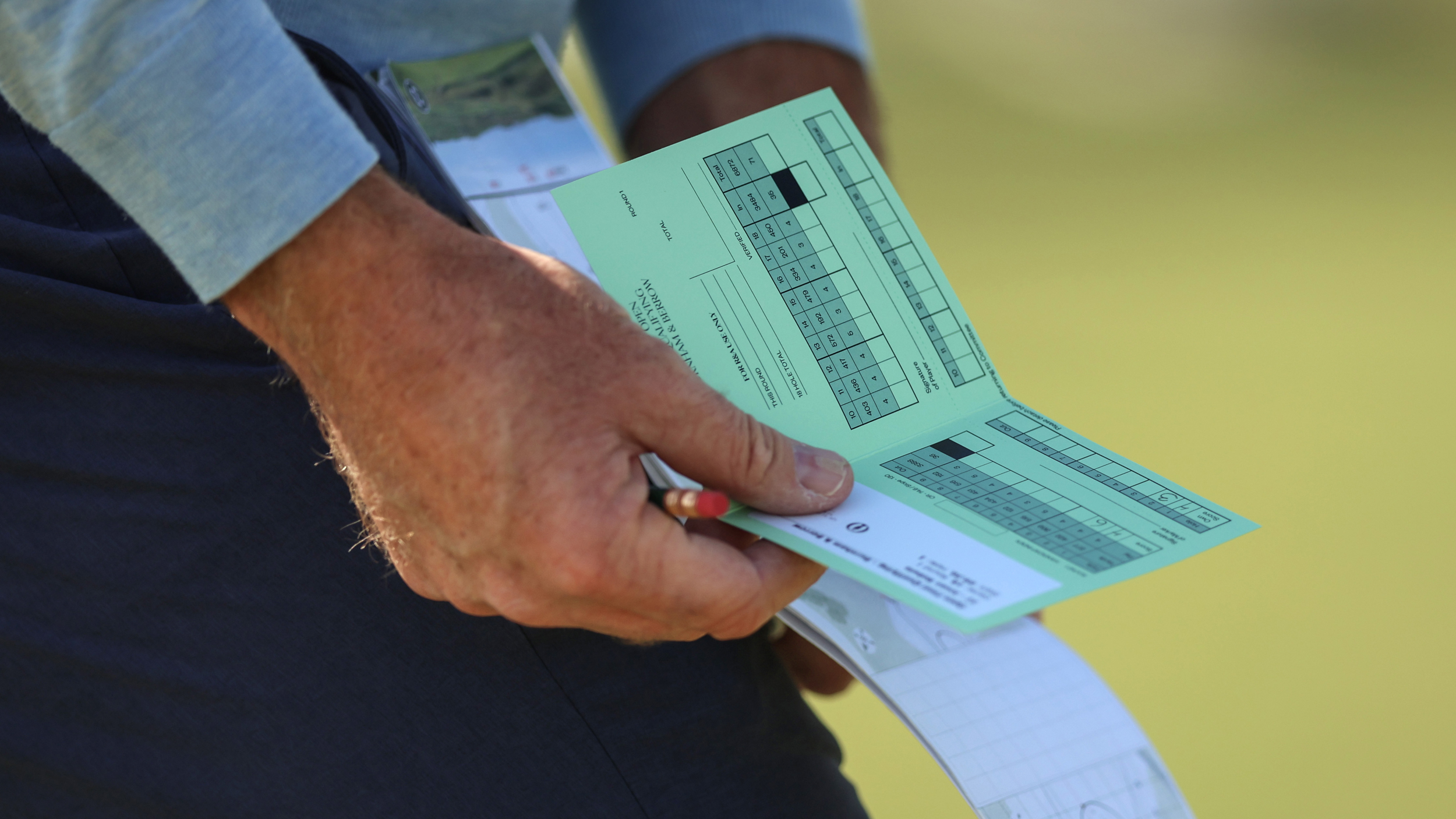
In truth, there could be a number of reasons why you’re not getting better at golf. Number one has to be some kind of technical fault, such as inconsistent alignment or another issue at set-up. However, even if you are able to identify some kind of swing fault/faults - and you can work out how to fix it with the right expert golf tips - it doesn’t necessarily mean you'll improve immediately.
In an effort to help you start moving in the right direction, we’ve not just identified the reasons why you might not be getting better at this infuriating game; we’ve also offered you a number of solutions that might just be worth considering...
You’re Playing Too Much
It can be difficult to put the clubs down, especially when you’re keen to fix a problem. In fact, it can sometimes be hard to say no to a game even when you’re not playing well. All golfers, however, even the best players in the world, need to take a break at some point.
Let’s put the physical demands of playing three or four times a week to one side. If you’re playing too much, desperately searching for that something, you can get mentally tired and make a lot of silly mistakes.
Have you ever complimented one of your pals on playing well before now. Keen to know their secrets, they tell you they had a couple of weeks off. Give it a go. Would it really hurt to put the clubs away for a fortnight?
Ego
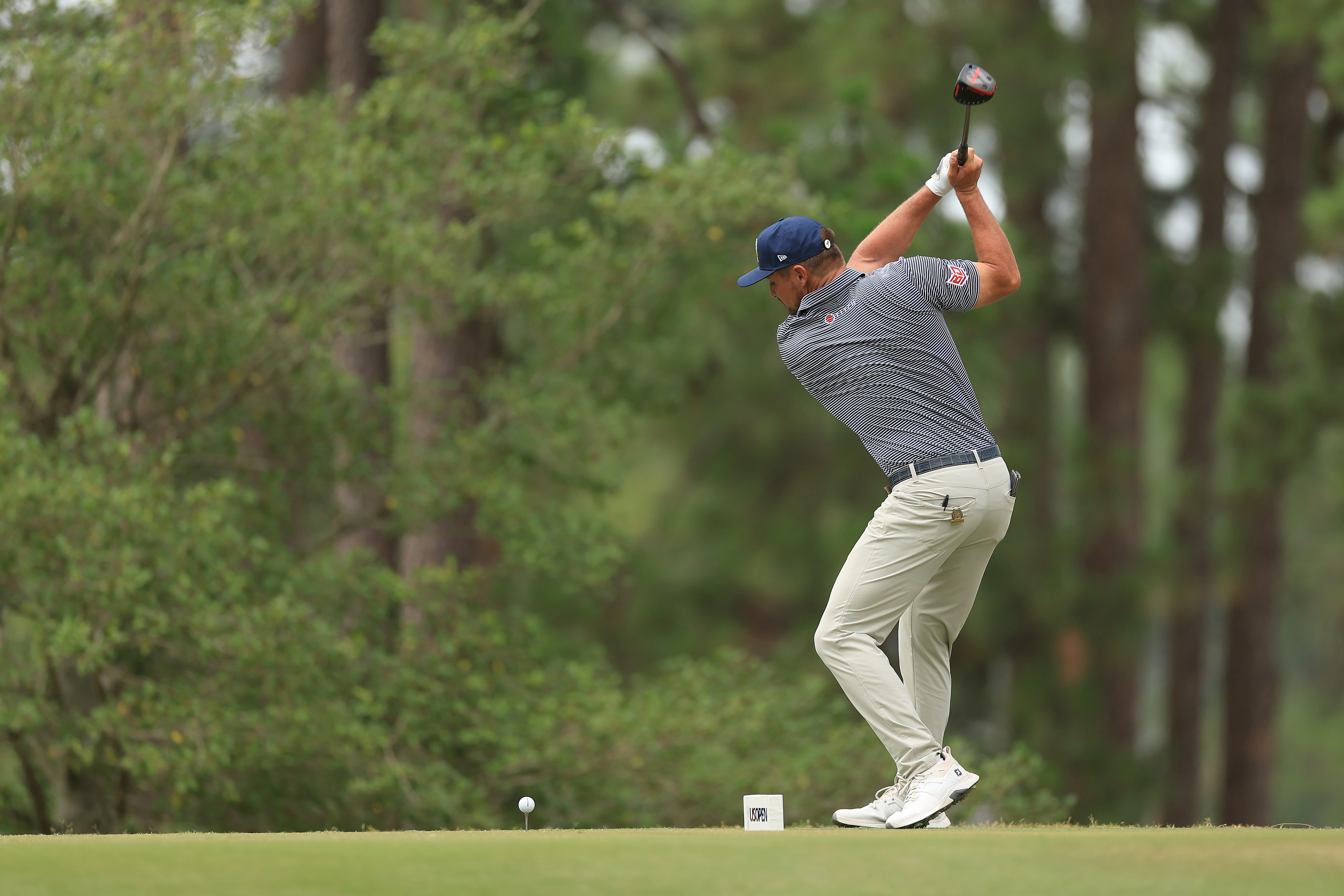
Our ego might take over if we see a playing parter hit a big drive
Have you ever played with someone who claims to be able to hit a 7-iron 180 yards? Okay, maybe they can. Being able to hit a long ball is something both pros and amateurs can do. However, ask the Tour pros what the most common mistake is that they see amateurs making in pro-ams, and a high percentage will tell you that it’s not taking enough club.
Ego might well be playing a part here - and it’s not helpful. 6-iron was the right club. Deep down you knew that, but your ego won the battle. Maybe your ego is winning too many battles, and it’s one of the key reasons you’re stuck shooting the same score.
Subscribe to the Golf Monthly newsletter to stay up to date with all the latest tour news, equipment news, reviews, head-to-heads and buyer’s guides from our team of experienced experts.
Let Mr Club Champion – the +4 handicapper – hit a 7-iron 180 yards. You be you – no one’s going to remember you hit a longer club. Lose the ego.
Poor Practice
It’s all well and good having the commitment to go and hit balls, but have you considered that you might be ingraining bad habits? Have a look at all those bays when you’re next at the range. There’s a good chance you’ll see a fair few golfers pounding balls, one after the other with no real thought going into what they’re trying to achieve.
Maybe this player is you? You’ll turn up for your weekend comp, feeling good that you’ve hit 200 balls in the week. The problem is, the range sessions merely cemented your poor set-up or some other fault. If you’re serious about making improvements, you need to make your practice sessions count.
Understanding Your Weaknesses
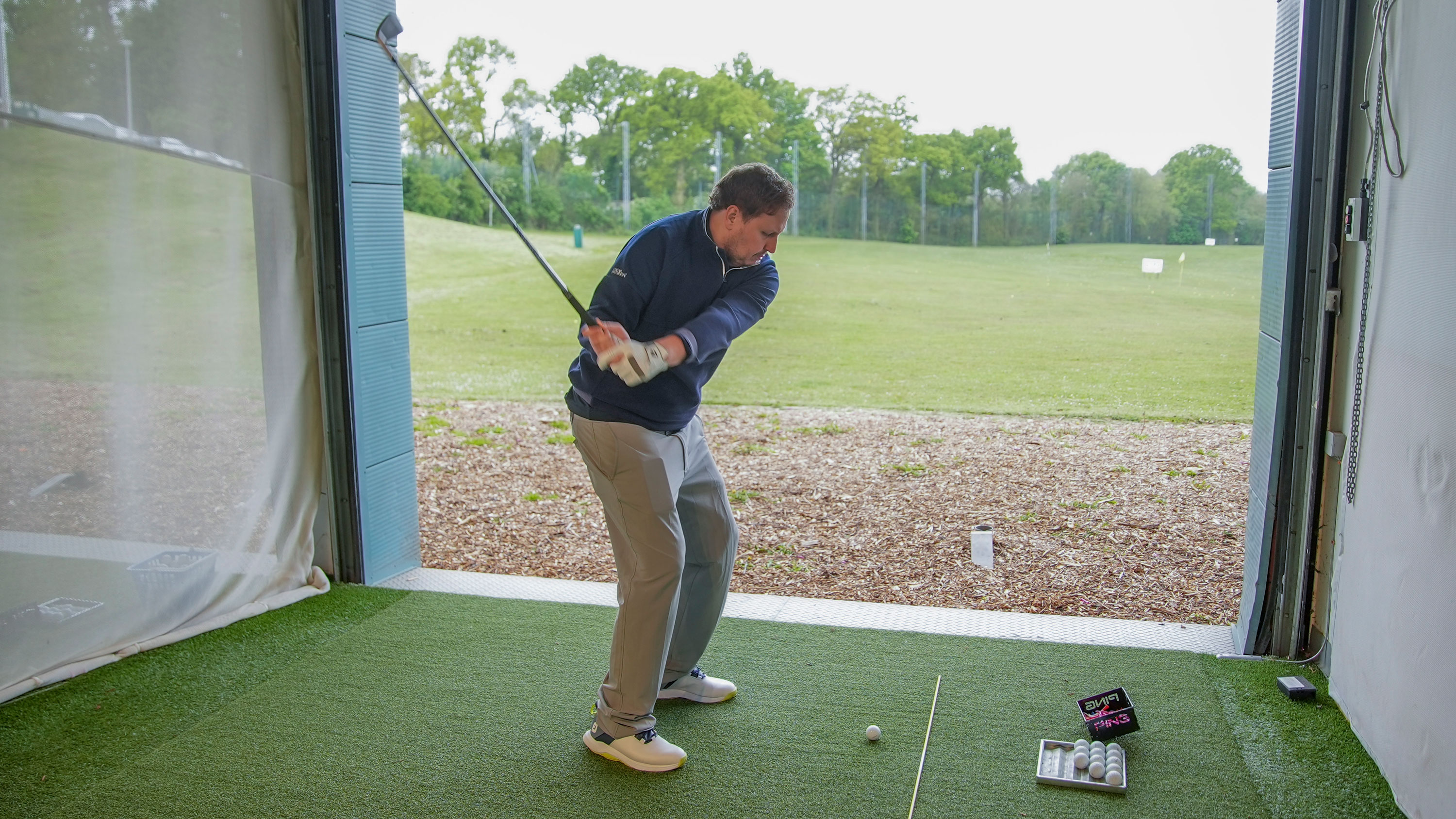
You need to make your practice sessions count
Most of us probably have a fair idea what our strengths and weaknesses are. It might be as simple as you hit very few fairways with the driver, or that once you get stuck in a bunker you take several attempts to get out.
Really knowing your game inside out can help you to make giant strides. You don’t necessarily need to invest in one of the best shot tracking apps to get Tour level kind of stats; just keeping a record of fairways hits, greens hit and number of putts taken could be a good place to start.
Of course, if you do want to know exactly how far you’re hitting your 5-iron and whether you have a tendency to miss the green right or left, you can go very granular with shot tracking, a piece of technology well worth considering. When you identify where your weaknesses lie, you can shape your practice sessions to make the necessary improvements.
Poor Preparation
No one is saying to arrive three hours before your tee time and go through a thorough warm-up session. For many club golfers this simply isn't viable.
However, turning up five minutes before you’re due to tee off and having two or three practice putts is not ideal preparation. If you’re rushing to get on the tee, that can transfer to your play – quick, hurried, poor focus.
You need to find what works for you. Some PGA pros will actually recommend not hitting balls before you play. Instead, play with the swing you have on the day. Again, that might not work for you, but it’s worthwhile experimenting.
Too Many Card Wreckers
You might not feel like you’re getting better at golf, but that depends on how you’re defining improvement. For example, you might be hitting more fairways than ever before, or your putter might be red hot. When it comes to signing your card, however, you’re looking at a familiar score.
Lots of golfers, especially beginners, focus too much, obsess even, over the medal score. Medal/strokeplay is the toughest test and strictest measurement. You might actually be very close to that personal best score, but you’re having one or two blow ups over the course of the round. Look at the bigger picture, and try and take the positives.
One of the most common reasons behind card-wreckers - the 8s, 9s and larger - is poor course management. It might just be that you need to improve your strategy.
Poor Fundamentals
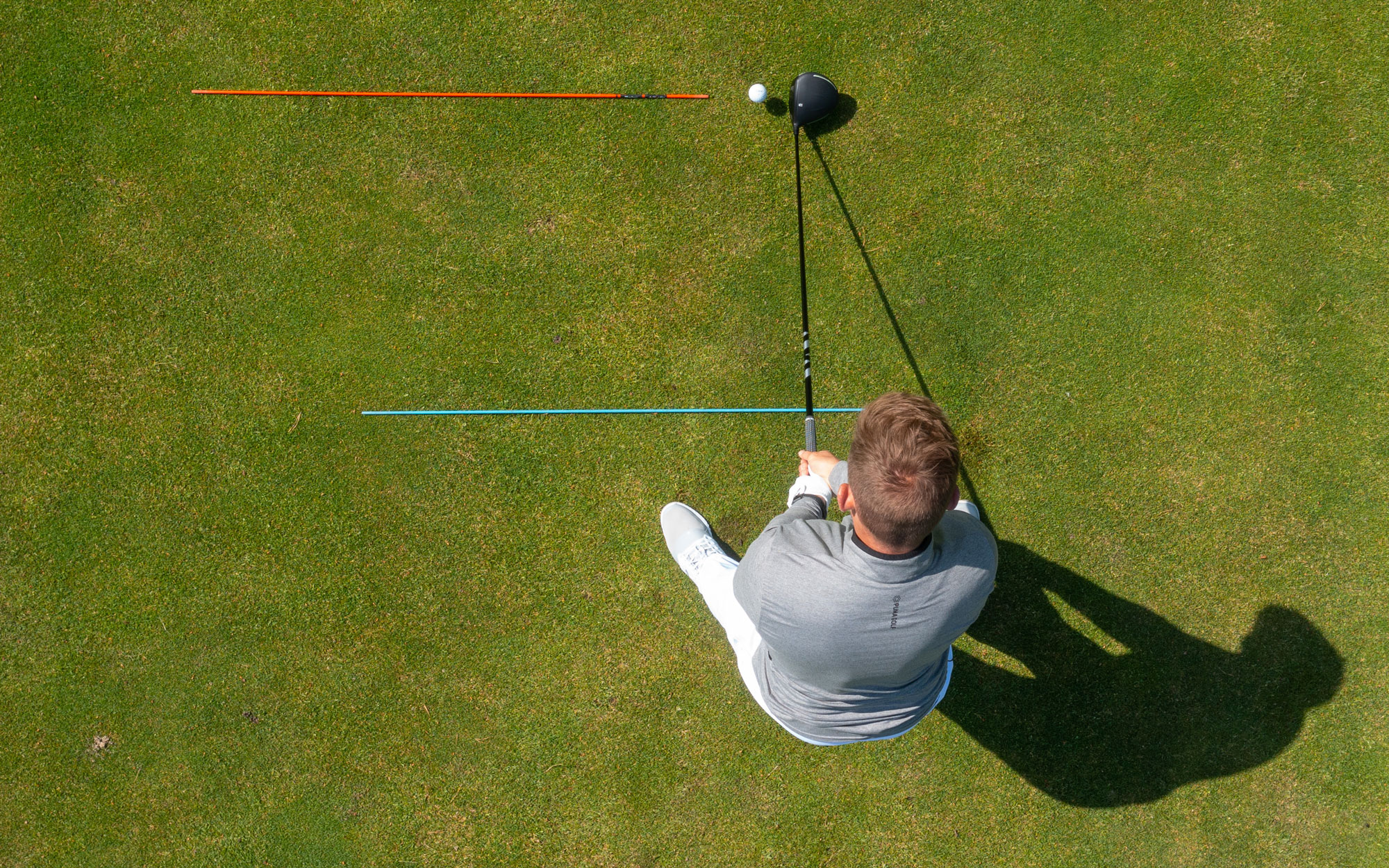
Lots of amateurs slip into bad habits with the basics
One of the biggest reasons golfers fail to improve and show greater consistency is because of poor set-up. There are a number of key fundamentals you need to nail before every swing, including alignment, posture, grip pressure, and weight distribution. And it’s easy, especially if you’re not making a habit of rehearsing the basics, to become sloppy.
Your ball striking might be quite impressive, which can make it really frustrating. It’s only when someone videos your swing and you watch it back that you realise you were actually aiming straight at the rough. Basics. Basics. Basics.
How To Turn Your Fortunes Around
1. Play With Better Players
If you’re wondering why you seem to be stuck shooting the same score, or making the same mistakes, arrange a game with a better player. It needn’t be the club champion - perhaps just a low single figure golfer.
It’s amazing what you can learn from playing with someone who’s got that bit more experience, or has a significantly lower handicap than you. Maybe it’s something with their pre shot routine, perhaps it’s their set-up; or they might have a certain shot that you can learn to play.
2. Record Your Yardages
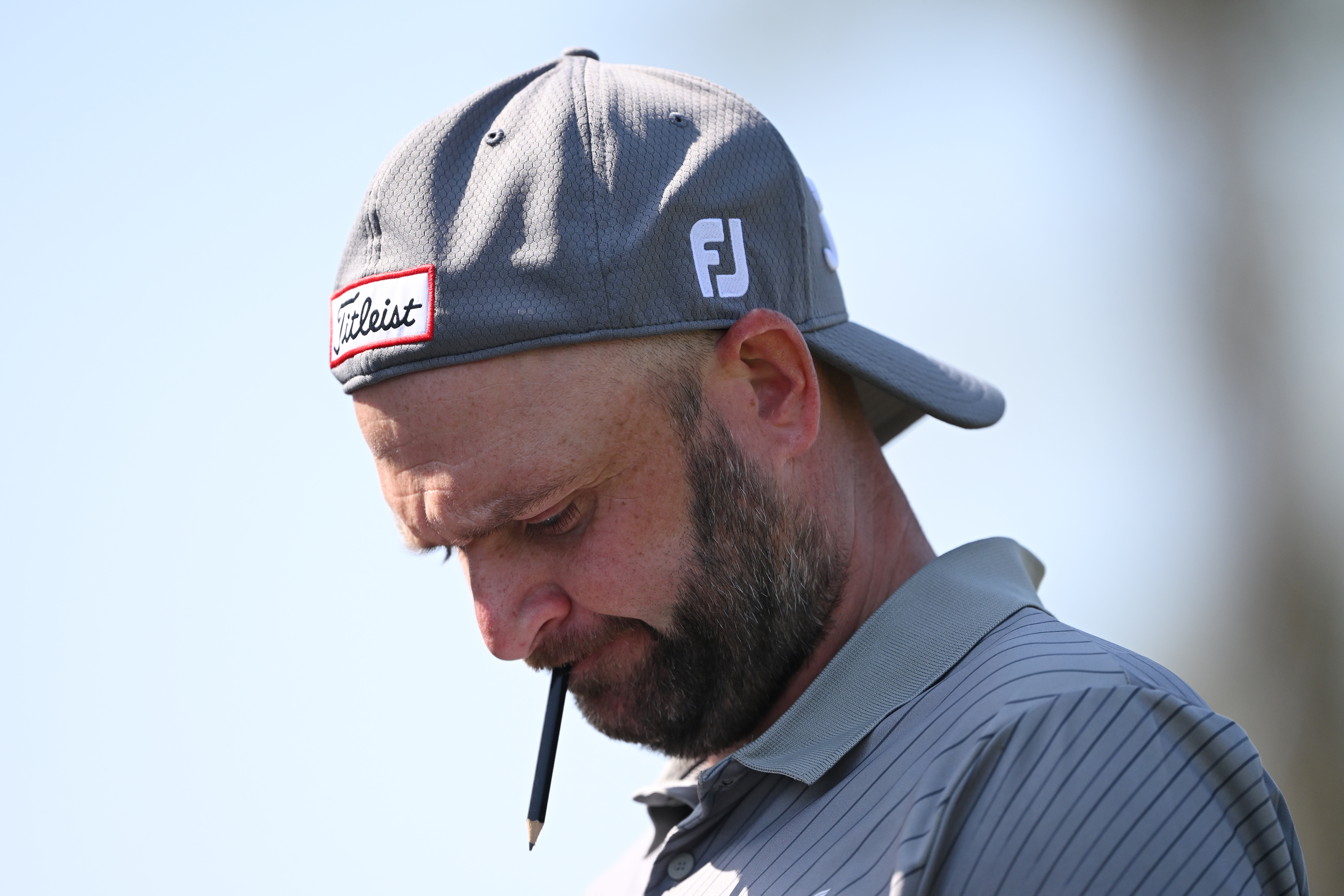
Make a note how far you hit each club
It sounds so simple, but so many club golfers only really have a rough idea of how far they hit each club. The next time you go to the range, take a pen and paper and record exactly how far you hit each club. Visit toptracer.com and see if you have one nearby. Then, go right through the bag and make a note of your average yardages for each club.
3. Take Your Medicine
How often do you see a Tour pro follow a poor shot with another one? Rarely. Be honest, how often do you string a few bad shots together? Often, it’s down to poor decision-making; you’re desperate to make amends with some kind of Hollywood recovery shot… which nine times out of ten makes the situation even worse.
The next time you put yourself in a poor position, try taking your medicine. For example, you're in the rough. Put the 5-iron away; instead, wedge yourself back into the middle of the fairway. See how many times you can rescue par with this approach.
4. Play A Different Format
Your medal scores might suggest that you’re not making any great improvements, but that might not be the case. Take the pressure off yourself for a while by playing a different format, or even play a few rounds without a card in your hand.
5. Have A Playing Lesson
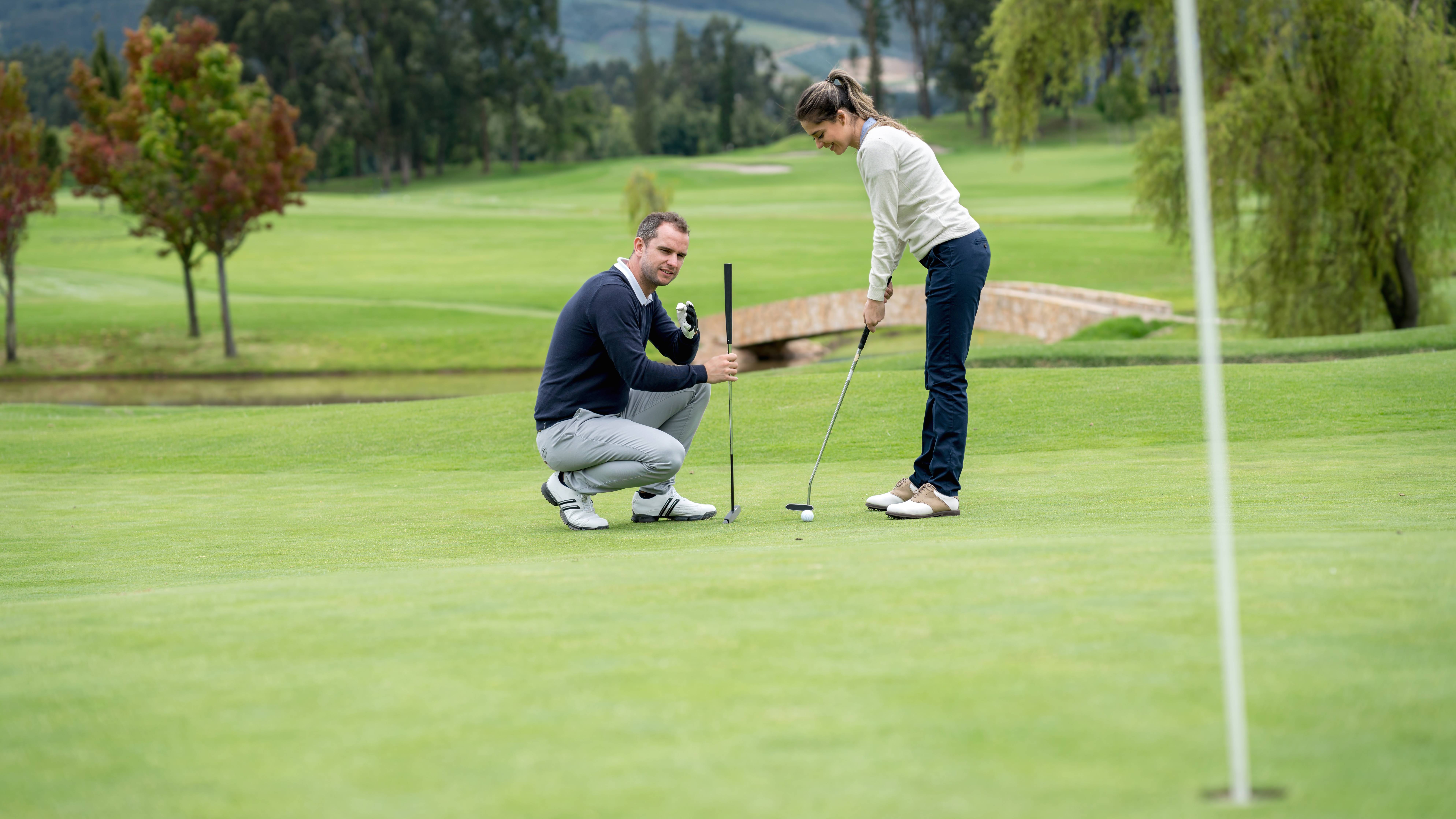
A on-course lesson could transform your game
Sometimes you just need to do the obvious thing: have a lesson with a PGA professional. For some golfers, it’ll be a case of bad habits creeping in. It’s easy to stray away from good, solid fundamentals, and only when a pro shows you a video does it become clear what you’re doing wrong.
You could, of course, go one step further and book yourself a playing lesson. The advantage of one of these is that the pro gets to see you in game mode, from tee to green. On top of getting a few helpful playing tips, a lesson or two can make you better at practising and make your range time way more productive.

Michael has been with Golf Monthly since 2008. A multimedia journalist, he has also worked for The Football Association, where he created content to support the England football team, The FA Cup, London 2012, and FA Women's Super League. As content editor at Foremost Golf, Michael worked closely with golf's biggest equipment manufacturers and has developed an in-depth knowledge of this side of the industry. He's a regular contributor, covering instruction, equipment, travel and feature content. Michael has interviewed many of the game's biggest stars, including seven World No.1s, and has attended and reported on numerous Major Championships and Ryder Cups around the world. He's a member of Formby Golf Club in Merseyside, UK.